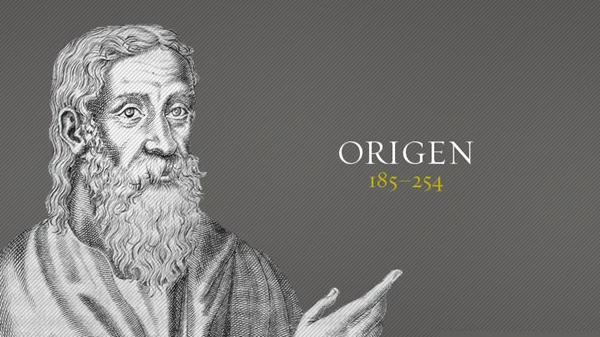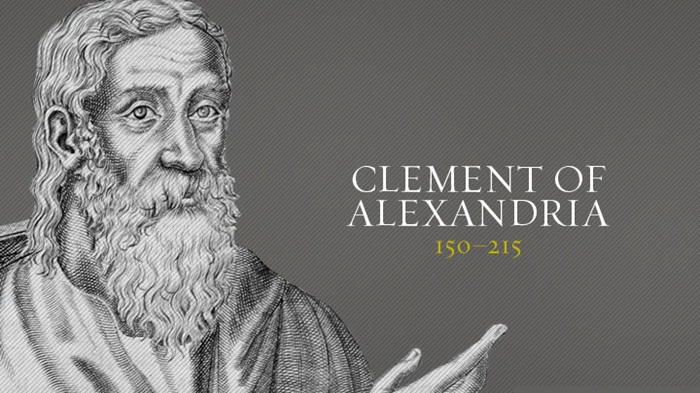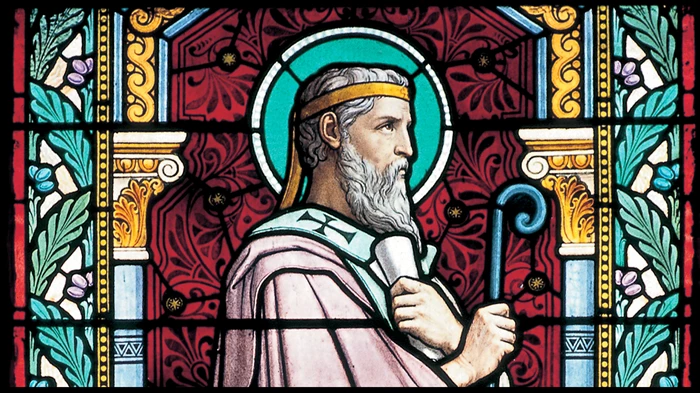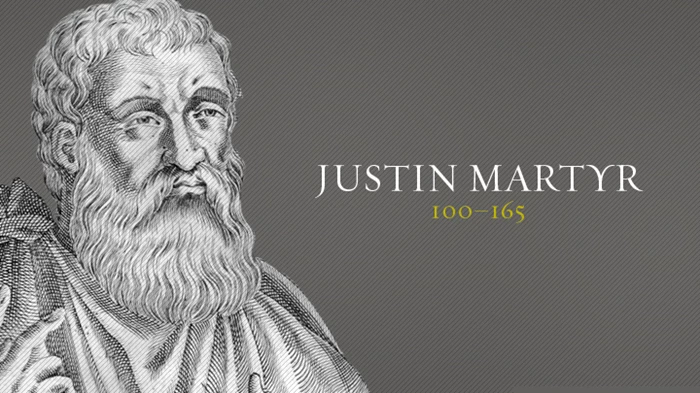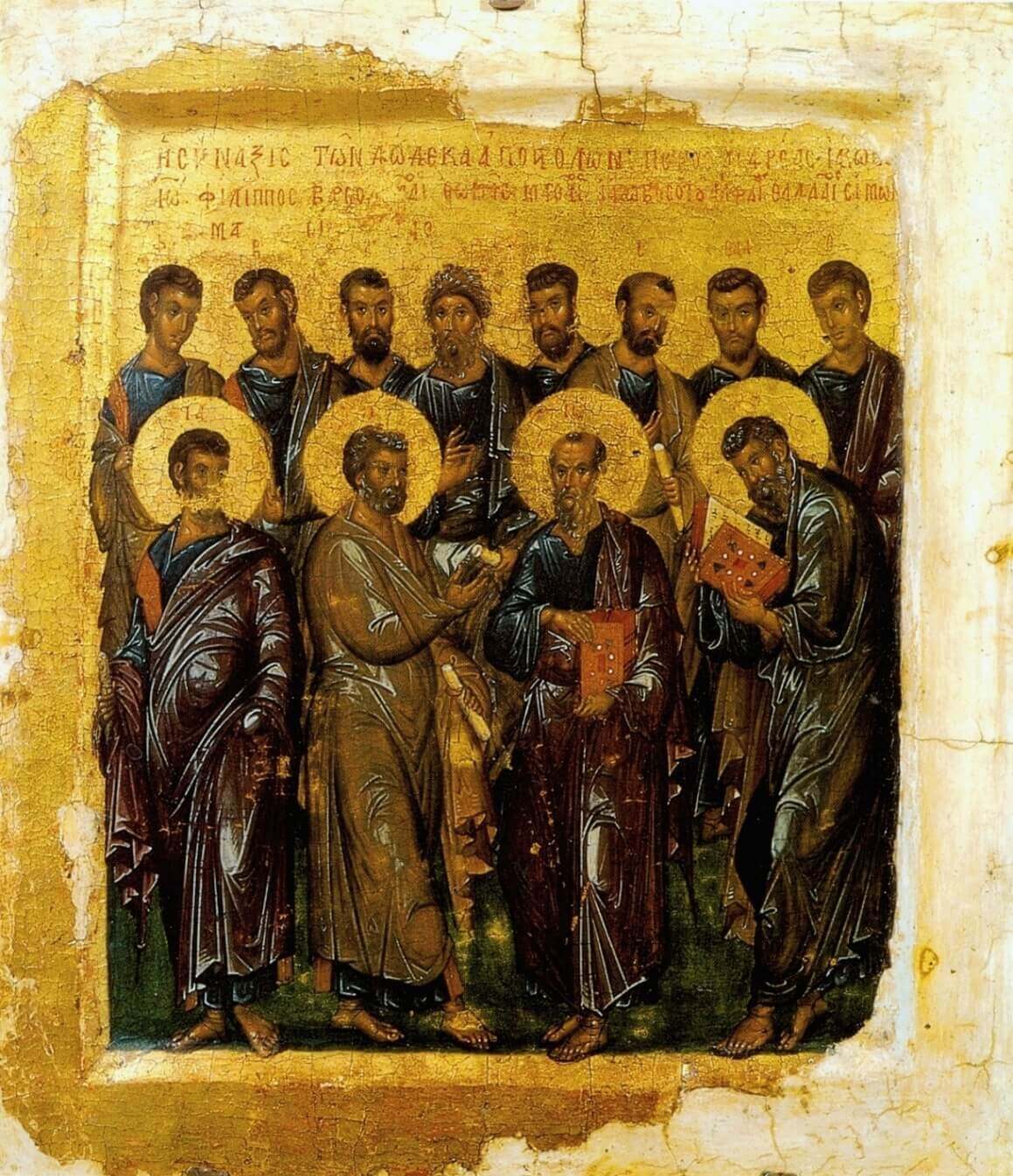Origen was one of the prominent Christian thinkers who lived during the second and third centuries (184/ 185 – 253/ 254). He was a prolific writer who wrote in various aspects of Christianity. From the selections that have been read, Origen’s basic ideas can be reconstructed as follows:
Trinitarian belief: Origen crafted his theology in a direct Trinitarian framework. God is one, the Father, the Son, and the Holy Spirit. God is the creator, who created “all things” when “nothing existed”. He is God of both the Old and New Testaments (p. 199), [Anti-Marcion belief]. Origen’s Trinitarian theology tends to reflect some kind of “subordinationism”. He wrote that God the Father “is superior to every being that exists”, while the Son is “less than the Father” and is “superior to rational creatures alone”, and the Holy Spirit is “still less” and dwells within the saints alone. Moreover, according to Origen, “The power of the Father is greater than that of the Son and of the Holy Spirit…” (p. 202).
Christology: “Christ Jesus, he who came to earth, was begotten of the Father before every created thing”, and all things were made through him (p. 199). The Son, the Wisdom, is eternal and he is without any beginning (p. 204). Jesus “was God who had appeared in a human body for the benefit of our race” (p. 209). He emptied himself and became flesh, but remained what he was, God. He was born of virgin Mary and of the Holy Spirit. Jesus suffered in truth and not merely in appearance. He truly died and rose from the dead (p. 199), [Anti-Docetic belief]. Sometimes, Origen’s Christology doesn’t seem to reflect consistent ideas. Although he assures that “the Word was made flesh”, in Against Celsus, he wrote that the Logos “dwelt in the soul of Jesus”, because “he alone has been able perfectly to receive the highest participation in him”. Such phrases can explain why Arius relied on Origen’s thoughts later.
Pneumatology: The Holy Spirit is united with the Father and the Son. For Origen, it was not clear whether the Holy Spirit is begotten, like the Son, or unbegotten. He is one, the same Spirit of the Old and New Testaments. He inspired each one of the saints, both the prophets and the apostles.
Scripture: We have to deal with three levels of understanding of the Holy Scripture. As God created man consists of body, soul, and spirit, He also put the Scriptures contains of body (historical meaning), soul (moral meaning), and spirit (spiritual meaning). The flesh of the text is for the simple man, the soul is for the man who has made some progress in his spiritual life, and the spirit of the text is for the spiritual man, or the perfect (p. 205).
Free will: “Every rational soul is possessed of free will and choice”. The devil and his angels are trying to seduce the soul with sins, but the soul has a free will to refuse, and the good spiritual powers exist to assist man to salvation. Man is not subject to any kind of necessity; he is not compelled by necessity to act either rightly or wrongly. Nothing controls humanity (p. 200). For Origin, free will enables every rational nature to restore salvation at any point of its eternal journey, and this opens the possibility of ultimate salvation for all (p. 203).
Ecclesiology: The selections reflect some of Origen’s ecclesiastical thoughts. The Lord Jesus Christ “was sent first for the purpose of calling Israel, and secondly, after the unbelief of the people of Israel, of calling the Gentiles also” (p. 199) [perhaps this reflects some kind of introductory thoughts of the Replacement Theology]. Origen mentions beginners’ trainings before baptism. He explains how the church was careful in including new members to its community (p. 209). Also, he discusses the treatment of lapsed Christians. The church was accepting those who repent, but submit them to a long period of probation, and they could not serve at any office or administration of the church of God (p. 210). Christians should not fight by weapons; they should fight by their prayers “for those who fight in a righteous cause and for the emperor who reigns righteously” (p. 211).


